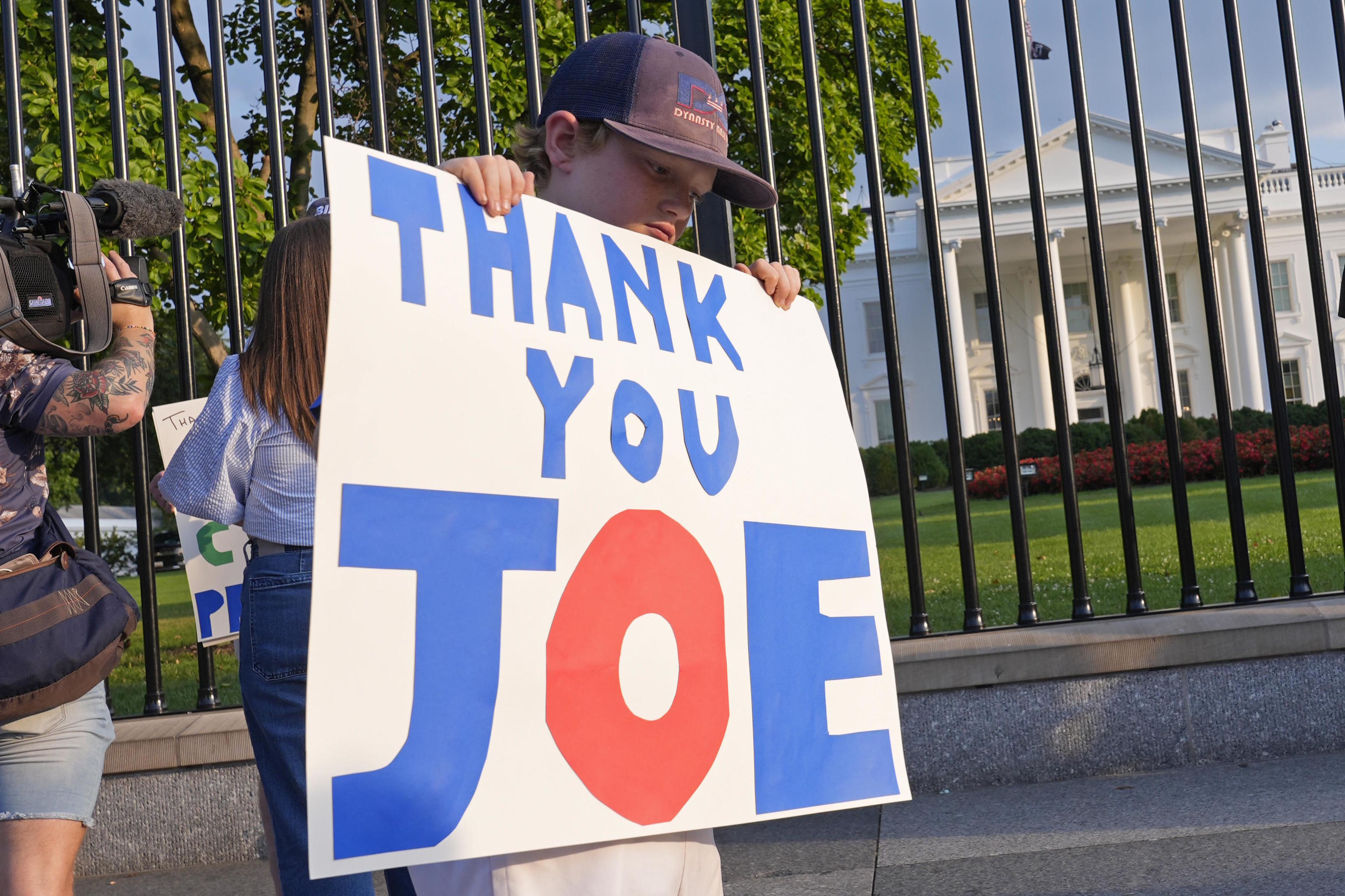When National Security Advisor, Jake Sullivan, was questioned at the Aspen Institute Security Forum on Friday about Joe Biden's abilities not only to carry out the campaign but to lead the country for another four years, he referred back to the night of April 13, when Iran launched hundreds of missiles and drones on Israel, to dispel doubts.
That night "we saw firsthand the capacity of President Biden, and when I left the crisis room [at the White House] I thought 'I am damn lucky to be with this commander in chief,' and I still think that now," Sullivan concluded.
The statement by the National Security Advisor suffered from the classic problem of Biden's statements: it referred to something that had happened some time ago. Biden's problem does not seem to be his competence in the past, but his seemingly significant psychological and physical deterioration in recent weeks. Many attribute this to the psychological blow caused by his son Hunter's conviction for illegal possession of weapons. Biden is a person very connected to his family, which has brought him both joy and sorrow. His first wife and daughter died in a car accident in 1972. His eldest son, Beau, from a brain tumor in 2015. Hunter then started dating Beau's widow. And now, his conviction arrived.
With this decline, Biden could not face the calendar. But with his departure, that calendar has been thrown into disarray.
For starters, in the first or second week of August, the debate between the vice presidential candidates must take place. On the Republican side, Senator JD Vance will participate. But who will represent the Democrats? The idea when scheduling the debate for such an early date was that Harris would be the Democratic Party's vice presidential candidate. Now, it is unknown who will hold that title.
Furthermore, if someone presents an alternative candidacy to Harris - with their own vice presidential candidate - Trump's team can rightfully argue that the debate cannot take place. In fact, that is already their policy. Last week, Trump's campaign refused to set a date for the vice presidential debate, arguing that the Democratic candidate was unknown.
The next date is the Convention, which begins on August 19. It will be the first time a political party holds this event without a clear winner in the elections in 48 years, since Gerald Ford defeated Ronald Reagan in 1976. The Democratic Party will have to demonstrate in it what it struggles with the most, as it has shown in these elections, and as it emphasized with extraordinary skill in 2016 when the left-wing opposition of Bernie Sanders did everything possible to undermine Hillary Clinton's candidacy.
Then comes the second presidential debate on September 10. Things should be clear by then. At least from the candidates' perspective.
